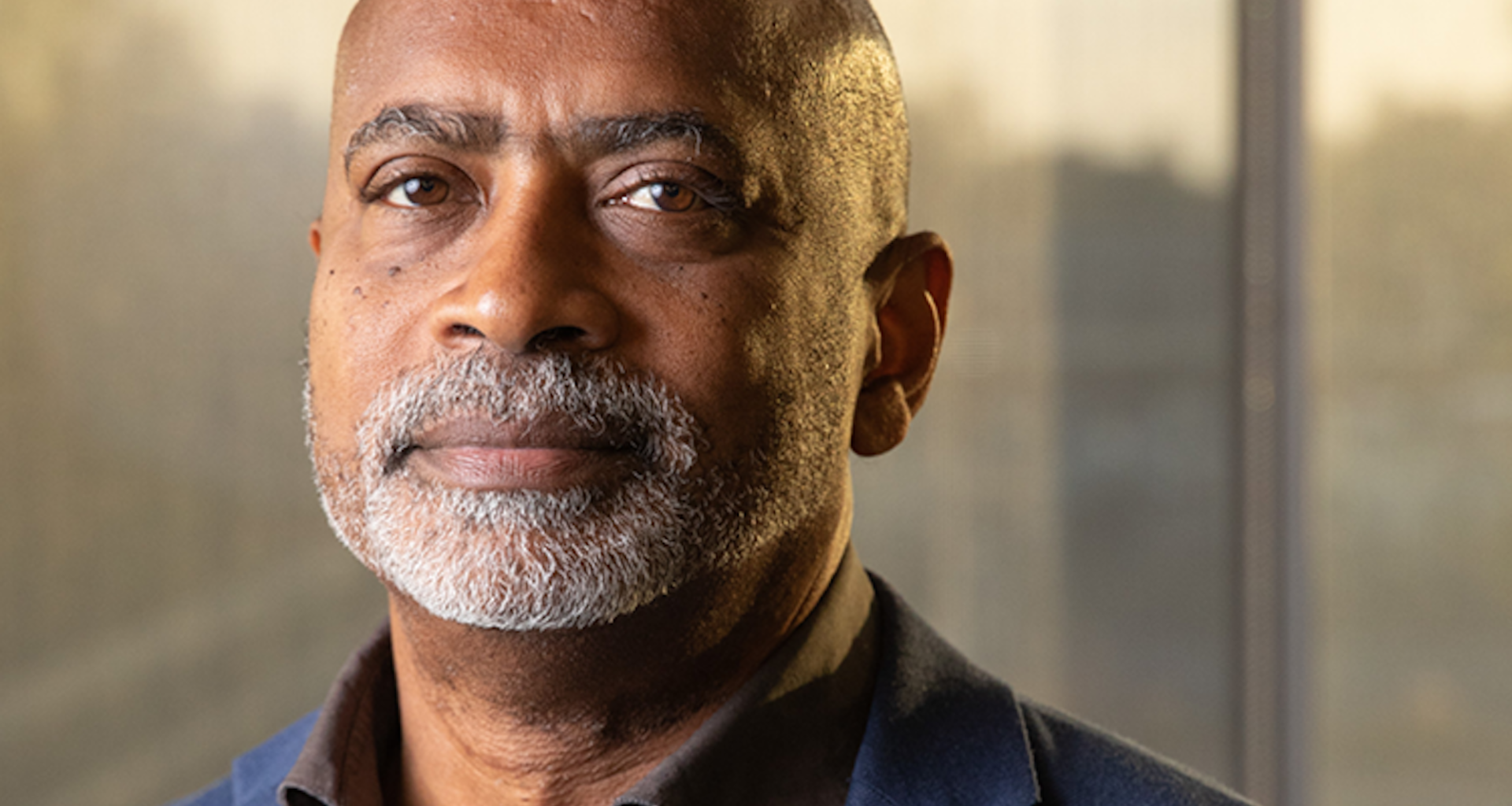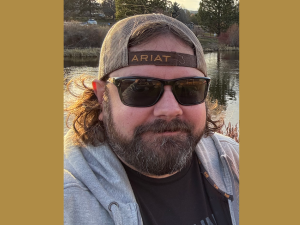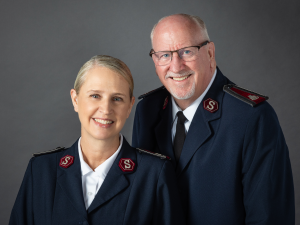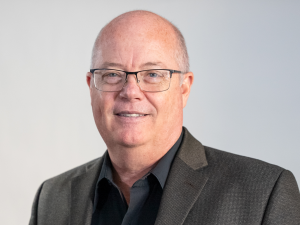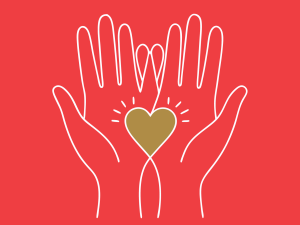It’s 2024, and the opioid crisis is showing no signs of slowing down.
Overdose deaths from opioids, including prescription painkillers and synthetics like fentanyl, continue to rise.
The statistics paint a chilling picture.
According to the CDC, an estimated 187 people in the U.S. die every day of opioid overdoses, most involving illicit and dangerous versions of fentanyl.
In the 23 years leading up to 2022, U.S. overdose deaths from prescription opioids, heroin and synthetic opioids such as fentanyl saw an eightfold increase.
About 3 in 10 adults say they or a family member have been addicted to opioids, according to a recent survey from a health policy research group.
What’s perhaps more alarming, is this crisis is now affecting every age group. In fact, overdose is now the third leading cause of death in American children. From 2019 to 2021, adolescent overdose deaths more than doubled.
To help us better understand the crisis, Dr. Ricky Bluthenthal is on the show today. At the University of Southern California, Dr. Bluthenthal is a Professor and Vice Chair for Diversity, Equity and Inclusion in the Department of Populations and Public Health Sciences, and Associate Dean for Social Justice in the Keck School of Medicine.
He’s well versed on the opioid crisis and its devastating effects on families and communities. He’s been published more than 190 times in peer-reviewed scientific journals and is on the editorial board of the International Journal of Drug Policy. Dr. Bluthenthal has received numerous awards including the John P. McGovern Award for Excellence in Medical Education from the Association for Multidisciplinary Education & Research in Substance Use & Addiction.
And he’s on the show to give us more insight on the opioid crisis and what he believes needs to happen to make change.
* * *
Summary
In this episode, Dr. Ricky Bluthenthal discusses the basics of opioids and the complexities of the opioid crisis. He explains how the use of opiates expanded and the unintended consequences that followed. The transition from prescription pills to heroin and the introduction of fentanyl are also explored. Dr. Bluthenthal shares his motivation for working in this field and highlights the importance of a public health strategy for addressing the crisis. He emphasizes the need to address social determinants of health and use person-centered language to reduce stigma. Finally, he suggests ways individuals can support those struggling with substance abuse and contribute to more supportive communities.
Takeaways
- The opioid crisis is a complex issue with unintended consequences resulting from the expansion of opiate use and availability.
- Opiates induce physical dependence, which sets them apart from other drugs and creates unique challenges for individuals.
- A public health strategy for the opioid crisis should involve building a robust public health infrastructure, implementing effective interventions, and addressing social determinants of health.
- Using person-centered language and reducing stigma are important in supporting individuals with substance abuse issues.
- Individuals can get involved by volunteering in their local community, supporting harm reduction organizations, and advocating for policy changes.
Chapters
00:00 Introduction and Basics of Opioids
01:17 The Opioid Crisis and Unintended Consequences
05:15 The Physical Dependence of Opiates
08:12 Transition to Heroin and the Introduction of Fentanyl
09:59 Motivation and Importance of the Work
12:02 A Public Health Strategy for the Opioid Crisis
21:07 Person-Centered Language and Stigma
26:08 Individual Actions and Supportive Communities
Additional resources:
- See how The Salvation Army supports rehabilitation.
- It’s because of people like you The Salvation Army can serve more than 24 million Americans in need each year. Your gift helps fight for good all year in your community. It’s an effort to build well-being for all of us, so together we rise—and that good starts with you. Give to spread hope with a donation of funds, goods or time today.
- Get on the list for Good Words from the Good Word and get a boost of inspiration in 1 minute a day with a daily affirmation from Scripture sent straight to your inbox. It’s an email to help you start your day with goodness.
Listen and subscribe to the Do Gooders Podcast now.









